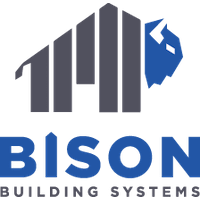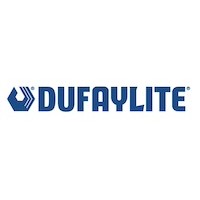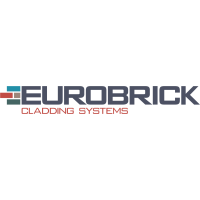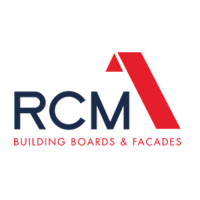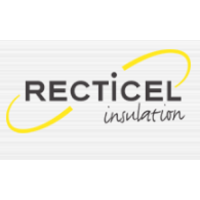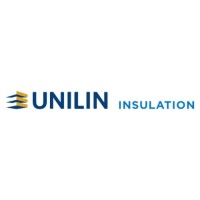Basement Conversion Guide

Should Insulation be a Part of a Basement Conversion Project
If you are looking for a way to expand your home’s living space, without having to undertake massive extension construction work, this could be the perfect time to consider a basement conversion project. Basically, conversion projects can be very feasible and cost effective solutions, especially if you are dealing with a lot of unused, free space that can easily turn into a living space. This especially goes for loft and basement spaces that are usually only used for storage or even worse are just increasing your costs but are not serving any other purpose. However, if you opt to undertake such conversion project, it is important to take into account all the aspects that will influence the overall costs of such project, but may also present a serious obstacle in implementation, why we offer a complete basement conversion guide for your full comprehension.
Building Regulation and Necessary Permissions
Prior to even considering one conversion project, you will need to consult the applicable regulation, in order of determining which standards you will have to meet and which permits may be necessary for such insulation project. This will help you determine whether it would be cost and time efficient to even commence one such project, since if obtaining all the necessary documentation and approvals would take too much time and money and you will end up with only a few square meters of free space, you better consider some other available option.
Also, please note that not being in compliance with the standards set by applicable regulation may impose certain fines, why we advise you consult a professional constructer prior to commencing your basement conversion project, even if you are planning on undertaking the reconstruction work yourself. The mentioned standards refer to some basic health, safety and energy efficiency criteria that must be fulfilled regardless of whether you are dealing with construction, refurbishment or only conversion. Namely, each living space needs to be safe and energy efficient in order of obtaining all necessary approvals. In reference to the planning permission, please note that whether you require one will depend on just how massive the entire project is and which reconstruction work it involves. If you are only changing the use of the space, a planning permission will most likely not be necessary. On the other hand, if you are altering the floor level or changing the building appearance in any other way, you will need to address the local building control in order of obtaining all necessary approvals. However, not to worry, since this should not take much time and should be approved by the local authorities.

Finally, some reconstruction work may include informing your neighbours as well, especially if you are planning on anyhow affecting a party wall, regardless of whether you are planning on undertaking work directly onto the party wall or are just planning any excavation near the wall.
Waterproofing and Insulating
In order of turning your basement into a habitable space, you will need to consider some extras, including waterproofing and insulation as a part of your basement conversion project. Since basements can be somewhat damp areas as laid directly onto the ground, you will need to consider proper waterproofing which can be achieved through either tanking which includes applying a few layers of a waterproof material below ground level, laid directly onto the basement walls. Another option includes cavity membranes which are considered to be among the most efficient ways of dealing with potential moisture issues in basement spaces. These membranes include a specially designed inner waterproofing structure, covered with a fully drained cavity that allows for any potential leaks in the outer structure to be diverted by the drain.
Another (probably among the most important) issues to consider in basement conversion projects is proper insulation. It is not only obligatory (in the words of prescribed energy efficiency and thermal performance of the building envelope) but also more than useful, since it can help you with not only thermal regulation of the basement space but also some other potential issues such as condensation, moisture and structural problems. When considering basement insulation options, note that there are two areas that can be insulated within a basement – the walls and the ceiling. Basement walls can be insulated either internally with most commonly rigid insulation boards (such as polystyrene or PIR boards) or externally which is a more complicated and more expensive option which includes some sophisticated external wall insulation systems. Once you have dealt with the potential moisture issues, the installation process can be pretty straightforward, especially if you opt for rigid insulation. On the other hand, be careful when deciding to insulate your basement ceiling since this will completely separate the basement space from the upper floors and prevent any heat exchange, why the basement space will be somewhat more difficult to heat. If you decide to add insulation to the ceiling after all, then you are best of with some fibre or mineral wool insulation material that is flexible yet resilient enough, not to mention that it also has some acoustic insulation properties which can be of relevance.
Duration and Cost of the Basement Conversion Project
The duration of the basement conversion project will depend on the construction work that needs to be undertaken. It can last from a couple of weeks in case you are dealing with a suspended timber floor up to a few months if you need to tear down the concrete floor and rebuild it.
When it comes to the overall costs of the project, as upper mentioned, these will depend on the volume of the project, including conversion costs, engineers and contractor fees, planning and building regulation applications, necessary agreements and approvals, corresponding taxes etc. What may increase the initial costs is whether you need to reposition the drain under the property, on how the accessible the site is, whether your home is built on difficult ground conditions etc.
Order insulation products online and save money and time! Visit our webshop or contact us via email at info@insulationlondon.co.











